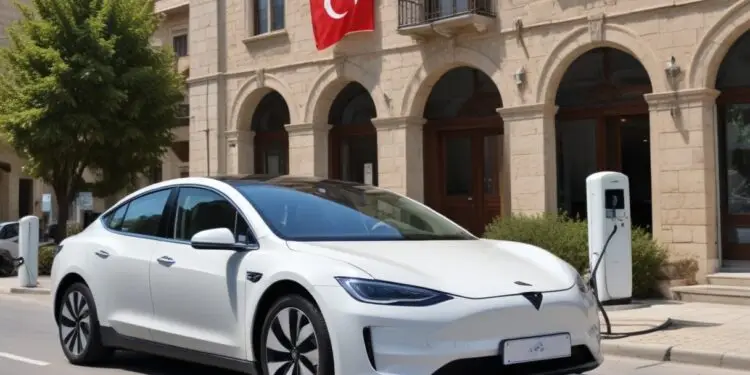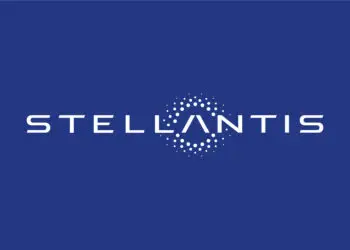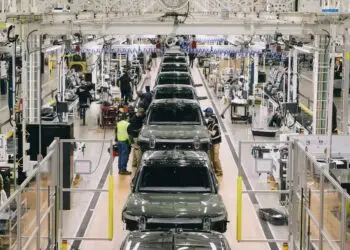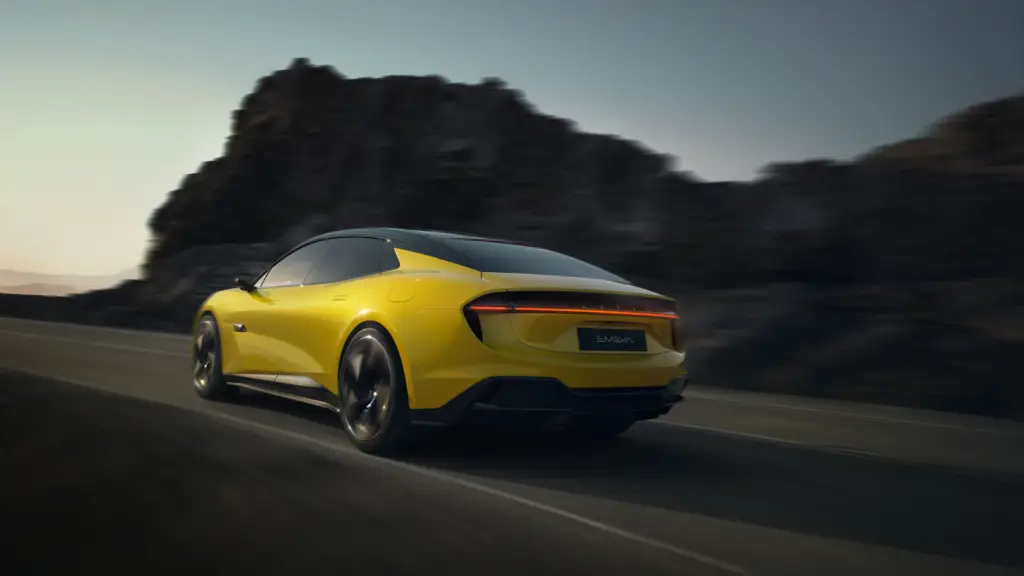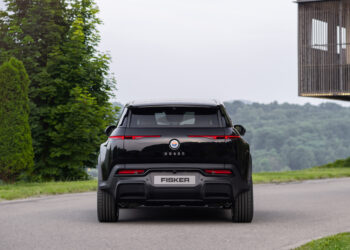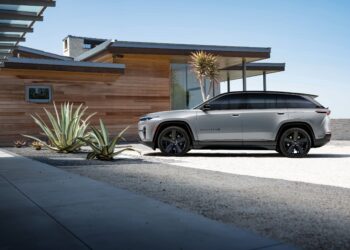Turkey, known for its vibrant automotive industry, has experienced a significant surge in electric vehicle (EV) sales in the first five months of 2024.
According to recent reports, the country saw over 27,600 fully electric car sales during this period, marking a remarkable 257.3% increase compared to the same timeframe in the previous year. This growth positions Turkey as one of the fastest-growing EV markets in Europe.
Key Factors Driving the Surge
- Government Support and Incentives: The Turkish government has been actively promoting the adoption of electric vehicles through various incentives and policies. For instance, they have introduced tax breaks for EV buyers and invested in developing charging infrastructure to reduce carbon emissions and dependence on fossil fuels.
- Increased Consumer Awareness: Turkish consumers are leading the charge in the shift towards electric vehicles. Their increasing awareness of EVs’ environmental benefits and long-term cost savings is a promising sign for the country’s sustainable future.
- Expansion of Charging Infrastructure: The expansion of EV charging infrastructure across Turkey is a significant development. It has made it more convenient for consumers to own and operate electric vehicles, contributing to the surge in EV sales.
Dominance of Homegrown Brands
1. Toog
TOGG is perhaps the most notable name in Turkey’s EV industry. Established as a consortium of five Turkish companies, TOGG aims to produce fully electric cars designed and manufactured domestically. The company has made significant strides in developing its first model and plans to start mass production soon. TOGG’s vision aligns with Turkey’s broader goal of reducing reliance on foreign car manufacturers and promoting local innovation.
2. Ford Otosan
As Turkey’s export champion, Ford Otosan has announced a substantial investment plan of TL 20.5 billion for next-generation electrified and connected vehicle projects in Kocaeli. The company is set to produce the all-electric versions of the Ford Puma and Transit Courier, significantly boosting its production capacity to over 900,000 vehicles annually.
3. Karsan
Karsan is a well-established Turkish automotive company that has embraced the shift towards electric mobility. The company manufactures electric buses and commercial vehicles, catering to domestic and international markets. Karsan’s electric buses are gaining popularity in urban centers, contributing to reducing public transportation emissions.
4. Vestel
A major electronics manufacturer, Vestel has entered the EV market by producing electric vehicle chargers. The company has partnered with Spain-based Iberdrola, a leading energy company, to supply chargers across Europe. This partnership is a significant step towards expanding EV infrastructure, making electric vehicle charging more accessible and convenient for consumers.
International Collaborations and Investments
Turkey is also negotiating with several Chinese EV manufacturers, including BYD Co. and Chery Automobile Co. Ltd., to boost investment in the country’s EV sector. These collaborations are expected further to enhance Turkey’s EV manufacturing capabilities and market reach.
Market Outlook
The Turkish EV market is expected to continue its rapid growth, with projections indicating that EV sales could reach 120,000 units by the end of 2024. This would make Turkey one of the top six EV markets in Europe. The introduction of new models from various European and Asian brands helps to support the growing trend of electric cars in Turkey by further diversifying the market.
Evoltronic Take
The remarkable 257% increase in electric vehicle sales in Turkey during the first five months of 2024 is a testament to the country’s growing commitment to sustainable transportation. With strong government support, enhanced infrastructure, and rising environmental awareness, Turkey is well on its way to becoming a leader in the global EV market. Home-grown companies like TOGG, Vestel, Karsan, and Ford Otosan spearhead this transformation, driving innovation and contributing to a cleaner, greener future for Turkey and beyond.


